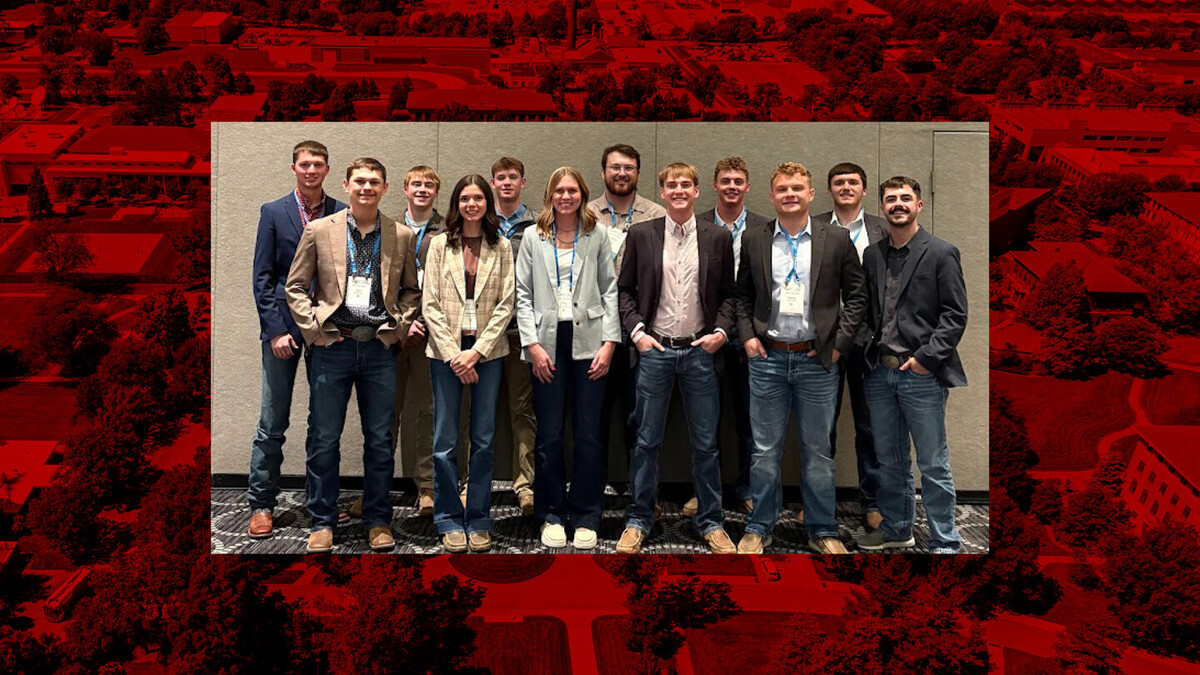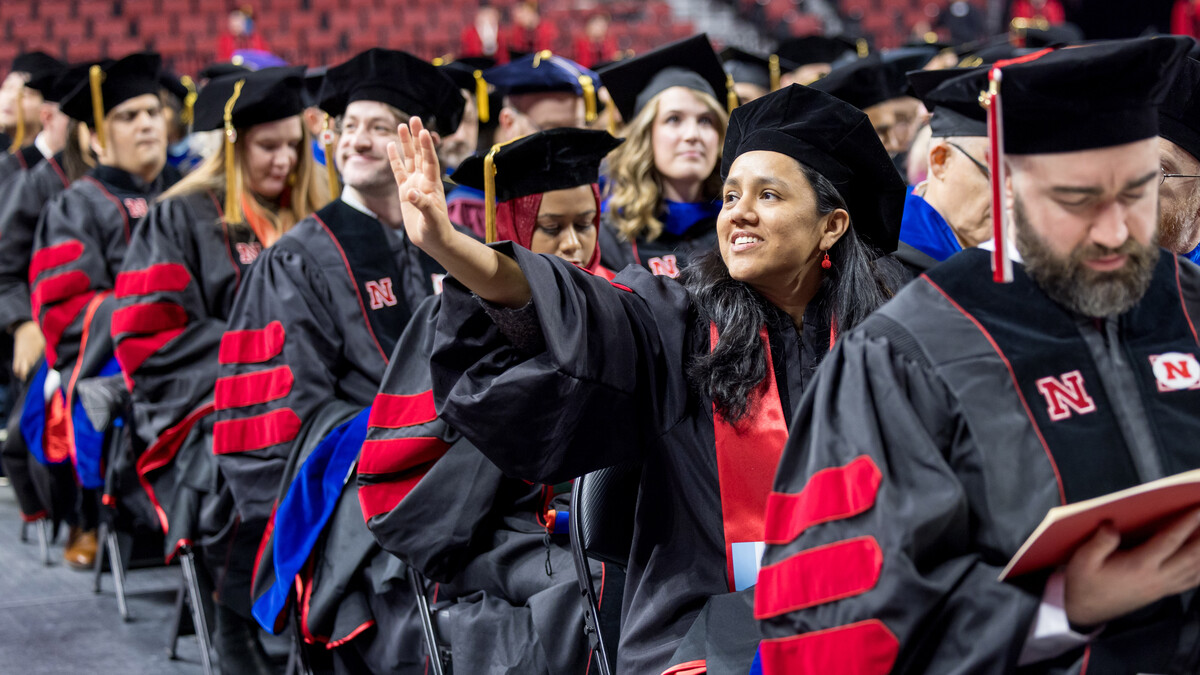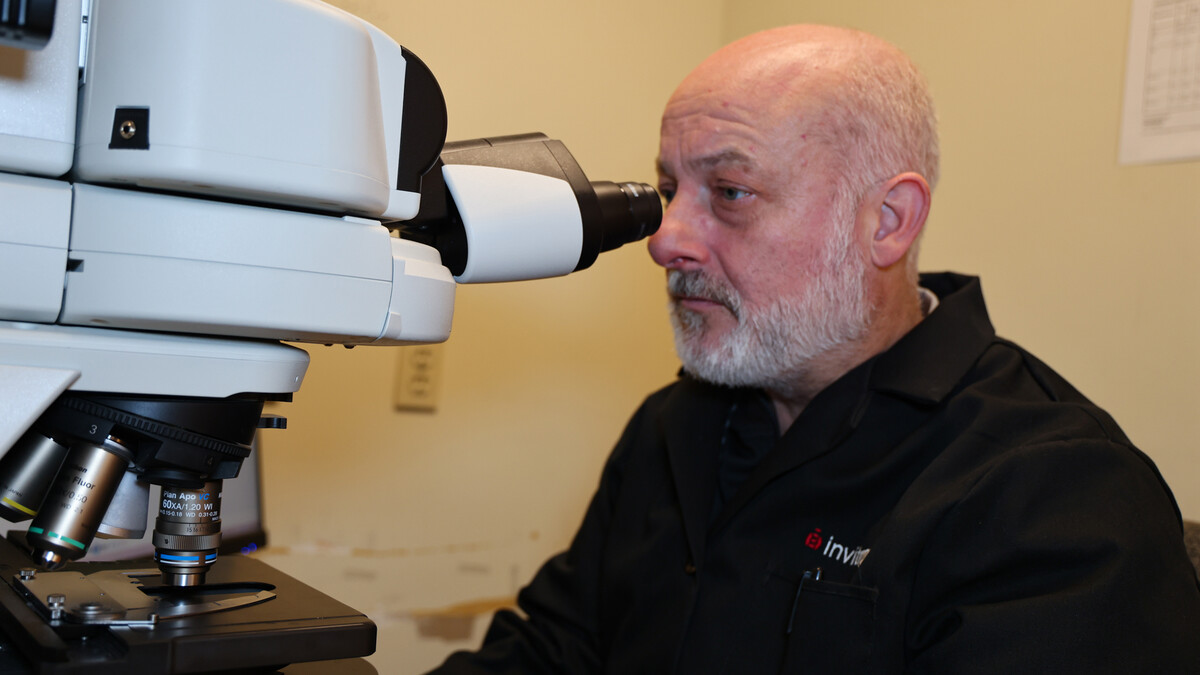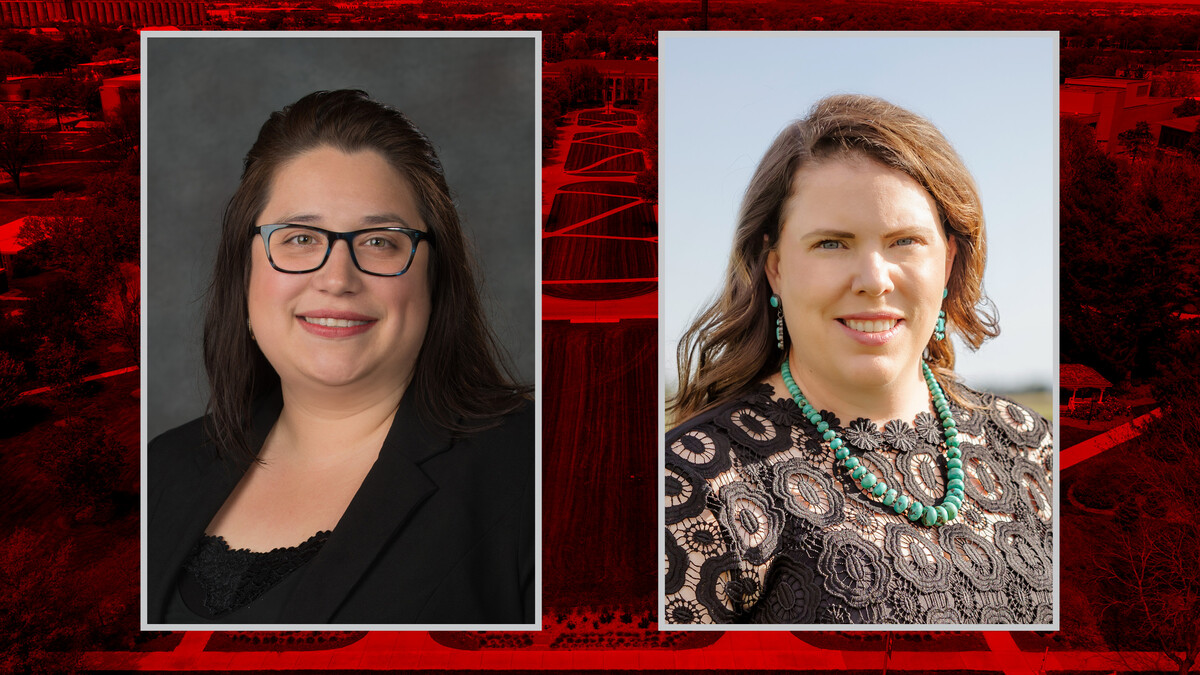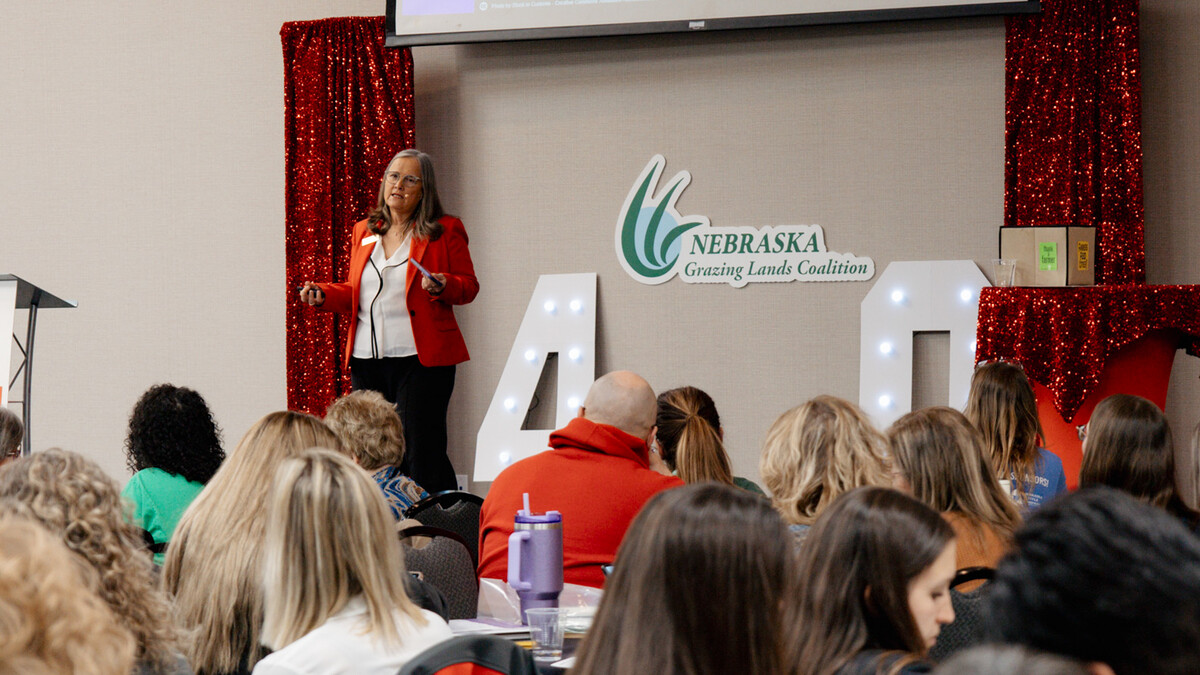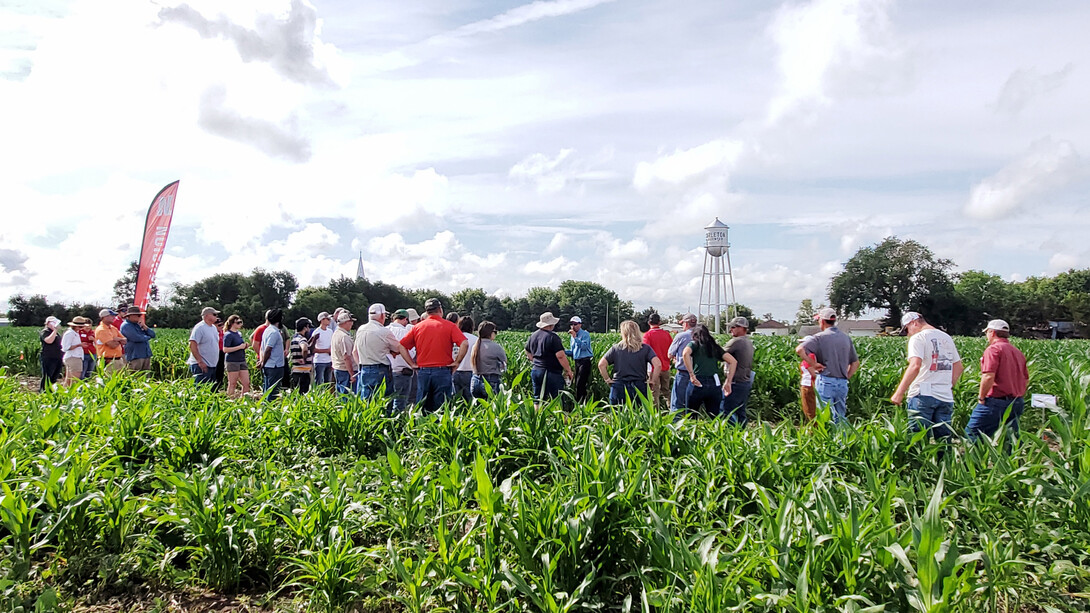
Lincoln, Neb. —The University of Nebraska–Lincoln Herbicide-Resistant Palmer amaranth Management Field Day featured research and demonstrations by the Department of Agronomy and Horticulture Weed Science team and Nebraska Extension near Carleton on June 28. The field day was organized in a grower’s field infested with acetolactate synthase inhibitors, atrazine and glyphosate-resistant Palmer amaranth and funded by a grant from the Nebraska Corn Board.
Palmer amaranth, a member of the pigweed (Amaranthaceae) family, is the most troublesome weed in corn and soybean production fields in Nebraska. Of particular concern is Palmer amaranth resistant to glyphosate in south central and west central Nebraska. In addition, Palmer amaranth has evolved resistance to atrazine and acetolactate synthase inhibitors.
Demonstrations included:
- Bob Klein, emeritus professor and Extension cropping systems specialist was an invited speaker. He discussed best practices to reduce herbicide drift.
- Amit Jhala, Nebraska’s associate professor and Extension weed management specialist, and team members demonstrated several projects for control of herbicide-resistant Palmer amaranth in corn and looked at efficacy, crop safety and comparison of new herbicides in UNL's unbiased comparison trials.
- Trey Stephens, master’s student, discussed a project "How row spacing and herbicide programs can affect herbicide-resistant Palmer amaranth control in corn."
- Ramandeep Kaur, doctoral student, discussed "Herbicide programs for control of Palmer amaranth in Enlist corn."
- Jenny Rees, Nebraska Extension educator, demonstrated a project to compare soil residual activity of pre-emergence herbicides for control of Palmer amaranth in non-GMO food grade white corn.
- Jhala demonstrated a project to evaluate early post-emergence herbicides for control of Palmer amaranth in corn.
Jhala organized and led the tour. A total of 85 were in attendance including growers, crop consultants, extension educators, graduate students, industry representatives and clientele. Others contributing to the successful field day included ag research technician Irvin Schleufer, office associate Sharon Hatchel, events coordinator Connie Hanson and graduate students Jasmine Masbauch, Shawn McDonald and Mandeep Singh.
For more information about Nebraska's weed science and management, contact Jhala at amit.jhala@unl.edu.

